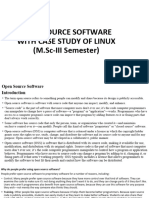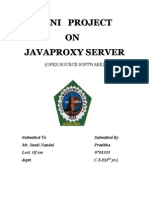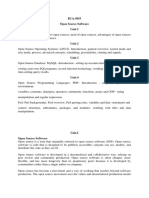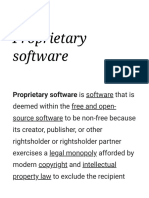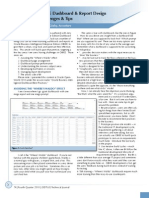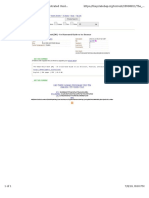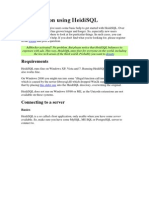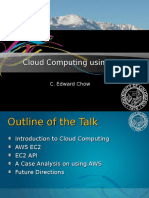0% found this document useful (0 votes)
32 views4 pagesPropriety Vs Open Source Computing Ocr Gcse
The document compares proprietary and open-source software, highlighting that proprietary software is copyrighted, requires a license, and is typically closed-source, while open-source software is often free, allows user modifications, and is developed collaboratively. Examples of proprietary software include Windows and Microsoft Office, whereas open-source examples include Linux and Firefox. Each type has its advantages and disadvantages, such as support availability and adaptability.
Uploaded by
freda.kb.2004Copyright
© © All Rights Reserved
We take content rights seriously. If you suspect this is your content, claim it here.
Available Formats
Download as PPTX, PDF, TXT or read online on Scribd
0% found this document useful (0 votes)
32 views4 pagesPropriety Vs Open Source Computing Ocr Gcse
The document compares proprietary and open-source software, highlighting that proprietary software is copyrighted, requires a license, and is typically closed-source, while open-source software is often free, allows user modifications, and is developed collaboratively. Examples of proprietary software include Windows and Microsoft Office, whereas open-source examples include Linux and Firefox. Each type has its advantages and disadvantages, such as support availability and adaptability.
Uploaded by
freda.kb.2004Copyright
© © All Rights Reserved
We take content rights seriously. If you suspect this is your content, claim it here.
Available Formats
Download as PPTX, PDF, TXT or read online on Scribd
/ 4


